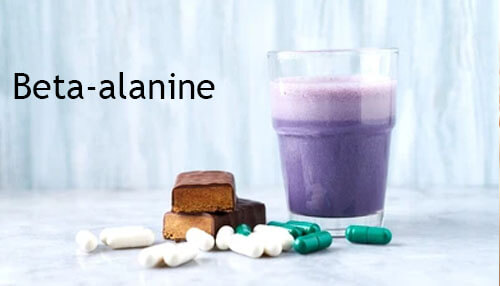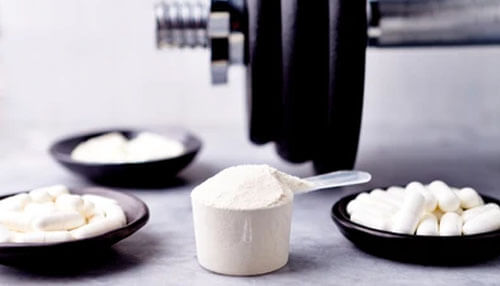Beta-Alanine: What You Should Know
Beta-alanine is a potent amino acid commonly used by athletes for supplementation. It offers numerous benefits and will improve your sporting performance. Also, it enhances endurance and helps alleviate workout fatigue. The dosage matters a lot and will determine your performance levels.
Also, this supplement is associated with a tingling sensation, and this will last for a few minutes. Do you want to know why beta-alanine makes you itch? There are various things to know about the supplement, though! It’s then advisable to consult your doctor before commencing usage.
What is beta-alanine and what does it do?
Beta-alanine is a type of amino acid found in food products like beef, pig, chicken, and fish. Beta-alanine combines with another amino acid, histidine, to form the dipeptide carnosine, a compound that contains two amino acids. Carnosine is abundant in the skeletal muscles, and its major function is buffering pH levels.
During exercise, accumulated hydrogen ions lower the pH of the environment, resulting in muscle fatigue. This then results in a burning sensation due to the PH drop.
Why use beta-alanine supplements?
Beta-alanine supplementation has been demonstrated to be an effective strategy to raise muscle carnosine levels. It achieves this by increasing carnosine synthesis, which leads to improved lactic acid buffering. Lactic acid builds up in muscles after intense activity, lowering their pH, which causes muscle fatigue.
Beta-alanine supplements help support muscular endurance and fight muscle fatigue. It’s also believed to enhance training volume in team-sport athletes. Studies show that daily supplementation with 4-6 g for at least 2-4 weeks can improve exercise performance. It also results in more pronounced effects in open end-point tasks.
Can you combine beta-alanine with creatine?
It’s a common practice among many athletes to stack beta-alanine with creatine. Studies show that there are no harmful effects of combining the two ingredients. Also, beta-alanine pairs excellently with other supplements, for instance, sodium bicarbonate and caffeine-containing pre-workouts.
What’s the correct dosage?
How you dose the supplement will determine your performance levels, and it’s critical to take correct doses to avoid side effects. 3.2–6.4 g of beta-alanine on training and non-training days would be ideal. The benefits of the supplements will begin to show after you reach a certain saturation level. It’s then advisable to take it into consideration to gain maximum benefit.
What are the side effects of beta-alanine?
Beta-alanine is highly associated with paresthesia as the only reported side effect. It’s felt within the first 15 minutes after ingestion and lasts about 30 minutes to one hour. Paresthesia is harmless tingling, and the supplement has been found to be safe. Also, it’s the only reported side effect.
There are various ways to manage the itching. One of the best strategies is to split up the doses into smaller ones throughout the day. Although this won’t eliminate the itching, it won’t be as strong as when taking full doses. The sustained-release formulation also works and will help minimize the tingling.
Wrapping up
Beta-alanine main benefits athletes in many ways and is an excellent way of improving athletic performance. To get the most out of this potent supplement, take the correct doses and split them to minimize the associated tingling sensation.



